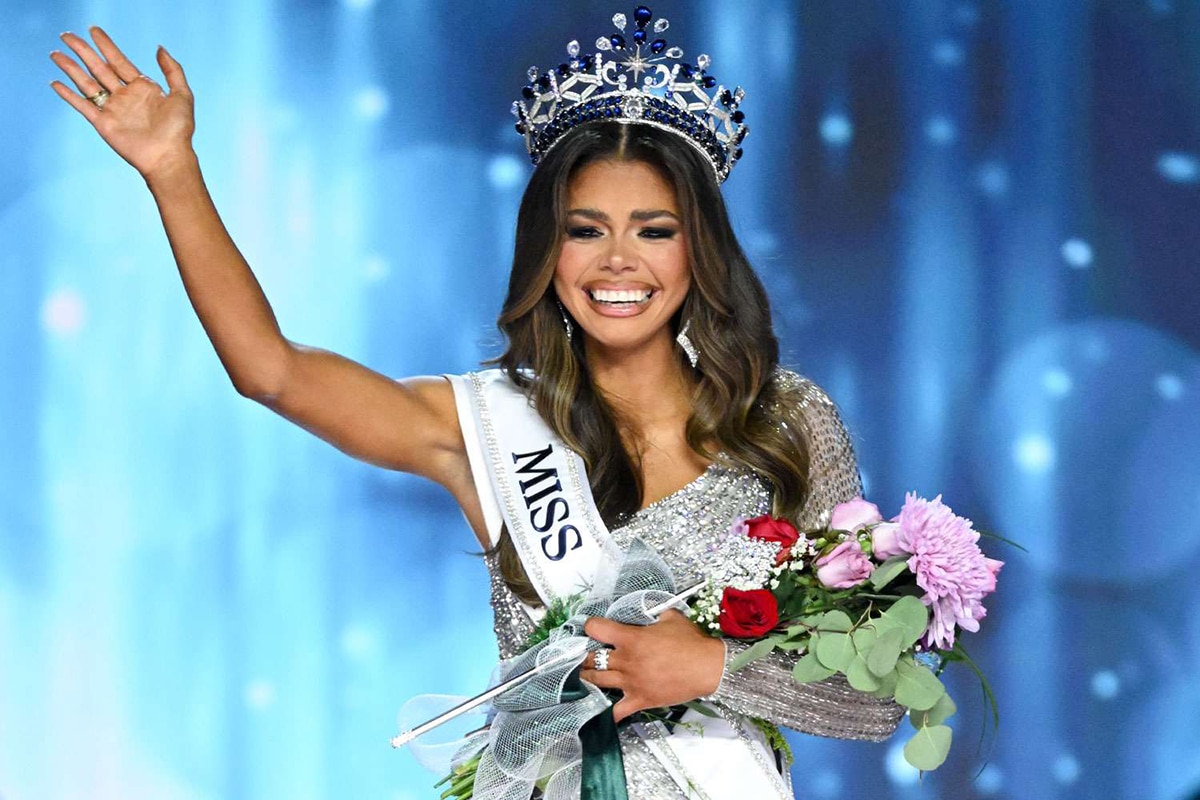When Alma Cooper was crowned Miss USA, it wasn’t just a win for her – it was a win for all of us who’ve been waiting to see Afro-Latinas finally get the recognition they deserve. Let’s face it – beauty pageants haven’t exactly been the most inclusive spaces. For far too long, the standard of beauty in events like Miss USA has leaned toward lighter skin and Eurocentric features. So when someone like Cooper, who proudly embraces her Afro-Latina roots, takes the crown, it feels like a breath of fresh air.
For Afro-Latinas, life is a constant balancing act between two identities. On one hand, you’re navigating what it means to be Black in a world where anti-Blackness is still a huge problem. On the other, you’re dealing with a Latinx culture that can prioritize lighter-skinned, mestiza identities over the full range of what it means to be Latina. It’s exhausting, and it often leaves Afro-Latinas feeling like they don’t fully belong in either world. So when a young girl sees Alma Cooper strut across that stage during live TV, it’s more than just a beauty contest – it’s a moment of validation.
The beauty pageant world is evolving, and Cooper’s win is a big part of that. These competitions aren’t just about pretty dresses and perfect smiles anymore. They’re about platforms, stories, and the courage to stand up for who you are. Alma’s journey to the crown wasn’t just about nailing her runway walk. It was about embracing her identity, leaning into her Afro-Latina heritage, and pushing back against beauty standards that often leave women like her out in the cold.
We’ve seen other moments like this in pop culture, with Afro-Latina stars like Amara La Negra and Zoe Saldaña demanding to be seen as both Black and Latina. But there’s still a lot of work to be done. The media, for the most part, still doesn’t fully get that Latinidad is not a one-size-fits-all identity. But putting Alma Cooper in the spotlight is forcing a broader conversation about what it means to be Latina, and it’s about time.
Still as much as we’re celebrating this win, we have to remember that this is just the beginning. Representation is key, but it’s not everything. Cooper’s win can’t be an outlier – it needs to be the start of a new normal where Afro-Latinas aren’t just recognized when they’re “breaking barriers,” but seen and celebrated across the board.
Beauty pageants, for all their flaws, are still a huge platform. They shape how society views beauty, femininity, and even success. Alma Cooper’s win sends a message that Black is beautiful, that Latina beauty is diverse, and that Afro-Latina women deserve to be front and center. It also challenges the Latinx community to address our own issues with colorism, which have been swept under the rug for far too long.
As Cooper steps into her role as Miss USA, she’s not just a beauty queen – she’s a symbol of what’s possible when we expand our definitions of beauty and embrace the full spectrum of Latinidad. Her win is a call to action for industries across the board – from fashion to media – to step up their representation game. Afro-Latinas have been here; it’s time the world starts paying attention.
What’s next? The goal is to make sure this isn’t just a “one and done” moment. Cooper’s victory should be a stepping stone toward real inclusivity where more women like her are celebrated not because they’re the exception, but because they’re part of the norm. We need to move toward a world where being Afro-Latina is fully embraced without question or hesitation.
So yes, let’s celebrate Alma Cooper’s win. But let’s also keep pushing for a future where moments like this aren’t rare. We’re talking about real change here, and Alma Cooper’s reign is just the start. The work continues – and Afro-Latinas are ready to take up space, unapologetically.

